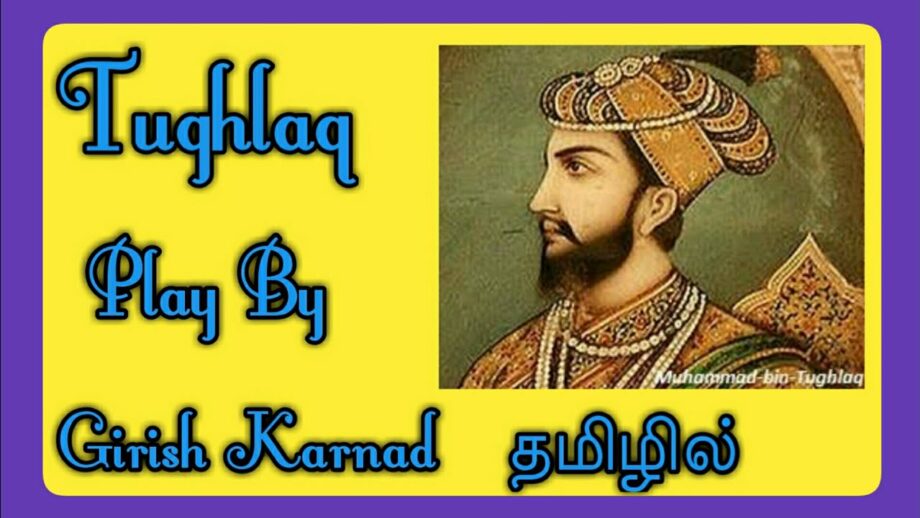In the play, the protagonist, Tughlaq, is portrayed as having great ideas and a grand vision, but his reign was an abject failure. He started his rule with great ideals of a unified India, but his degenerated in a span of 20 years into anarchy and his kingdom.
The king wanted to build a secular state, moving his capital from Delhi to Daulatabad, a Hindu-majority city; his ideas about the economy were new but he turned into a whimsical tyrant who couldn’t control the kingdom anymore. When it came out, writer U.R. Ananthamurthy felt it reflected the political mood of disillusionment which followed the Nehru era of idealism in the country. But it was as relatable during subsequent moments of crisis in our history as it is to the present.
The king plays chess, as of affairs of the state heat up. His advisers include the shrewd politician, Najib, and the gentle historian, Barani, but will Tughlaq be able to stand up to his harshest critic, the Maulvi, Sheikh Imam-ud-din? At the new fort in Daulatabad, an old man and a young man speak, foretelling the future. “Young man: What a fort! What a magnificent thing! …No army could take this. Old man: No, if this fort ever falls, it will crumble from inside.”
This is a historical play replete with symbolism… In the play, the symbols have a myriad of origin as well as forms. It is a very good portrayal of ancient traditions and mythology.


